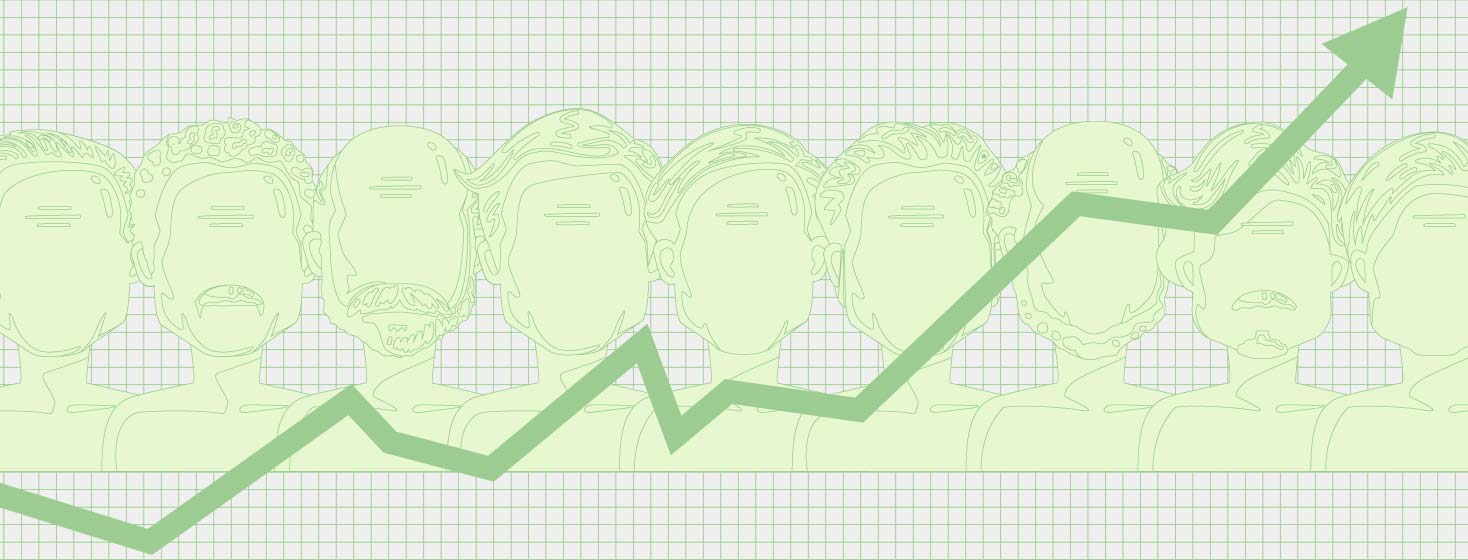Prostate Cancer Risk is Higher in Men With Inflammatory Bowel Disease
Based on the findings of recent research, men who have inflammatory bowel disease have a significantly higher risk of developing prostate cancer. While these two diseases may not appear to have much in common, researchers have hypothesized a possible reason for this link.
What is IBD?
Inflammatory bowel disease (IBD) describes two separate conditions characterized by inflammation in the gastrointestinal tract (GI) -- Crohn’s Disease and ulcerative colitis. About 1 million American men have inflammatory bowel disease. The GI tract includes any part of the digestive system between the mouth and the anus—the mouth, esophagus, stomach, small intestine, large intestine (or colon), and rectum.
Crohn’s Disease and ulcerative colitis have similar symptoms, including1:
- Persistent diarrhea
- Abdominal pain
- Rectal bleeding/bloody stool
- Weight loss
- Fatigue
In Crohn’s Disease, the inflammation is found in patches throughout the GI tract. In ulcerative colitis, the damage is usually continuous, beginning in the rectum and spreading further upward toward the colon.
Researchers do not understand the exact cause of inflammatory bowel disease, but they believe it has to do with a defective immune system. Instead of attacking foreign invaders, like viruses or bacteria, the immune system responds inappropriately to environmental triggers, which causes inflammation in the GI tract.
IBD versus IBS
It is important to note that inflammatory bowel disease is different from irritable bowel syndrome (IBS). Although they often have similar symptoms, including diarrhea and stomach pain, IBS is not caused by inflammation. In addition, there is no tissue damage in people with IBS whereas there is with IBD.1
IBD and prostate cancer connection
A recent study conducted by researchers at the Northwestern University Feinberg School of Medicine, in Chicago, IL found a higher risk of prostate cancer for men with inflammatory bowel disease compared to men without the disease. In fact, men with IBD were four to five times as likely to develop prostate cancer compared with men from the general public. Men with IBD are also more likely to report higher than normal prostate specific antigen (PSA) levels, which is a blood protein that is used to diagnose and detect early prostate cancer.
The researchers examined the medical records of more than 10,000 men who had been examined at a single academic medical center between 1996 and 2017. Specifically, in men 60 years of age and older, PSA levels were higher in men with IBD than in those without it. One possible cause behind these elevated PSA levels may be due to the chronic inflammation associated with this gastrointestinal condition. Some hypothesize that there are specific inflammatory proteins that may increase PSA levels without the presence of prostate cancer.
Talk to your doctor
Given the results from this study, lead study author Dr. Shilajit Kundu noted that a patient with IBD "may need to be screened more carefully for prostate cancer than a man without inflammatory bowel disease. If a man with inflammatory bowel disease has an elevated PSA, it may be an indicator of prostate cancer."2

Join the conversation